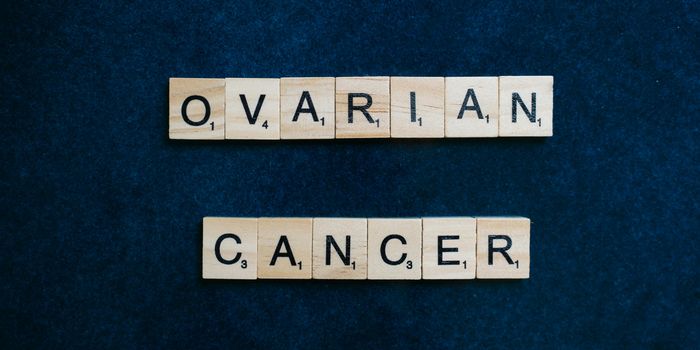New Antibiotic 'Irresistin' Defeats All Resistant Bacteria
Researchers from Princeton University have identified a compound capable of killing both Gram-positive and Gram-negative bacteria, without facing antibiotic resistance.
Gram-negative bacteria differ from Gram-positive bacteria as they are protected by an impenetrable cell wall making them resistant to most antibiotics. This, of course, has made it challenging to create a drug capable of killing them, and is why there have been no new Gram negative-killing drugs on the market for the last 30 years.
The new drug candidate is known as SCH-79797, or 'Irresistin'. Previously, studies indicated that it has anti-clotting properties, can aid white blood cells in killing bacteria, and is safe to use in animals.
One of the hardest things about developing a new antibiotic is guaranteeing that the bacteria it treats will not develop resistance. Most promising about Irresistin is that, via a method called serial passaging, the researchers confirmed that even after millions of chances to evolve resistance, bacteria are still unable to combat the molecule.
During experiments, the researchers also serially passaged other antibiotics, including novobiocin, nisin, and gentamicin, alongside Irresistin, to check their methods. In doing so, they showed that although bacteria were eventually able to develop resistance to these existing antibiotics, they did not build cross-resistance to Irresistin.
The team also tested the antibiotic against stubborn bacterial species such as Neisseria gonorrhoeae, the pathogen behind gonorrhea on the Center for Disease Control and Prevention's top five list of urgent threats. The researchers demonstrated through in-vitro tests that Irrestin was able to defeat the most resistant strain of N. gonorrhoeae, otherwise resistant to every known antibiotic.
Although exciting, the researchers warn that one problem with Irresistin is that it kills human and bacterial cells at a similar rate. The researchers thus developed an SCH-79797 derivative, known as Irresistin-16, that kills almost 1,000 times more bacteria than human cells. To confirm its effectiveness, the researchers demonstrated its ability to cure mice of N.gonorrhoae.
"A study like this says that we can go back and revisit what we thought were the limitations on our development of new antibiotics...From a societal point of view, it's fantastic to have new hope for the future", says KC Huang, a professor of bioengineering, microbiology, and immunology at Stanford University who was not involved in the research.
Sources: Genetic Engineering and Biotechnology News, Princeton University, Digital Journal









